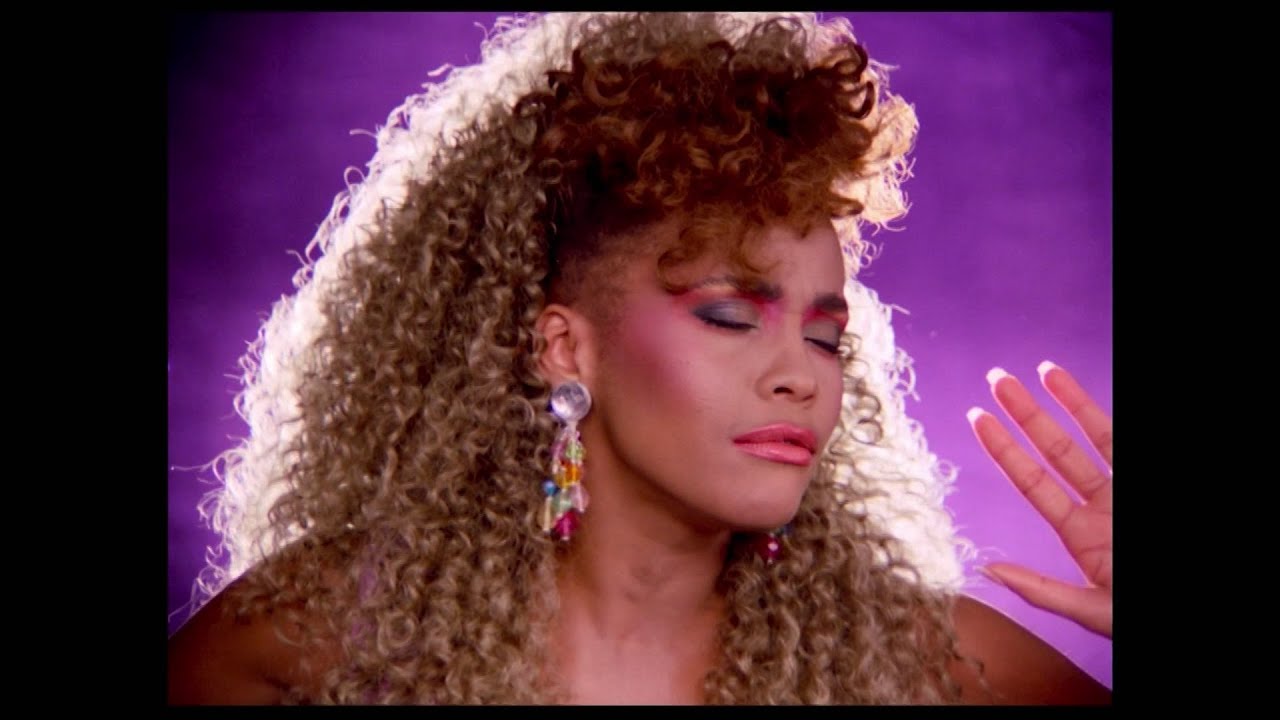Of course, there’s no easier way for a filmmaker to distract a viewer from storytelling shortcuts than to bust out a preternaturally powerful voice. Macdonald shows the viewer that while Houston’s tragic downfall might have been prevented, her ascent to superstardom was a sure thing. Her vocal mastery is all over the film, as it chronicles hit after hit of Top 40 pop ballads. Houston knows how good she is and it’s all over her performances, peeking out in charming smiles that tell the audience, yes, I just moved through those octaves or held that perfect note for that long, and she can do that without seeming arrogant or distant. Off the mic, in backstage footage or family videos, she’s a magnetic presence, funny like a regular person is funny. Seeing her in full bloom and in full control only makes the decline that much more painful as she descends into drug-induced physical decay and a disastrous tour that finds her unable to perform her most well known songs.
The passion that Houston incorporated into her music is also present in her family and friends, nearly all of whom appear on camera to enthusiastically extol her goodness and track where it all went wrong. Her mother Cissy, a former singer in her own right, is elegance and class, calculatedly posed in a church pew for her interviews. Her brothers Michael and Gary are overflowing with anecdotes from their teenage years, and aren’t shy about discussing offering their younger sister coke for the first time. They take the credit when it’s been otherwise attributed to Brown, who also is interviewed. Good on him for agreeing to do so, because he could only have been shown to be a pathetic figure in his wife’s shadow, a moderate and insecure talent dwarfed by the sheer magnificence of hers. Missing from the picture is longtime friend and likely lover Robyn Crawford. Crawford is framed as the only person around Houston that had her best intentions at heart, the one that can make her happiest without added substances. Similar characters existed in Amy, and one suspects that they exist around every famous person, struggling to keep their heads above water amidst the greedy and the exploitative.
With footage and pictures spread out over almost five decades, Rice-Edwards’ job as editor is a key one. To set the date, he and Macdonald splice together montages of pop history from the 80’s and 90’s, a hacky practice that they then subvert by including raw footage of the Newark riots, which the Houston family would’ve lived through. This ugliness hiding beneath a polished surface is key to the film’s interpretation of Houston, as there were few more polished surfaces in Houston’s heyday than herself. Her big breakout, filmed in another montage and triggered by her first notes in I Wanna Dance With Somebody, is ghostly, in spite of the joviality of the song itself. There’s a lot of beauty in Whitney, but it’s all bittersweet. By the time I Have Nothing and its piercing refrain of ‘I don’t wanna hurt anymore’ is playing over the end credits, the cookie-cutter nature of the film doesn’t matter as much as struggling to compose oneself after taking in a film that works so effectively on the heartstrings. B+

 RSS Feed
RSS Feed